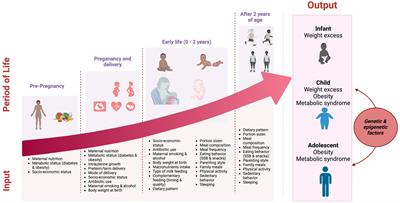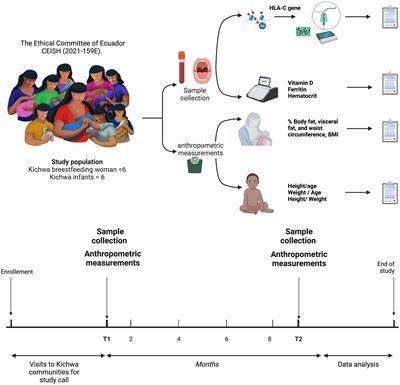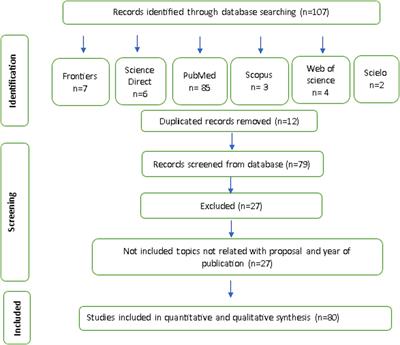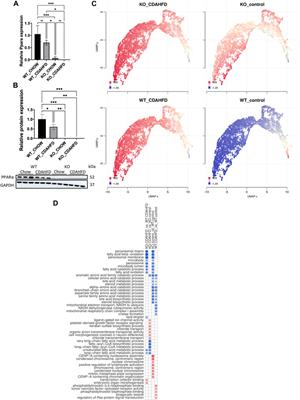PERSPECTIVE
Published on 27 Sep 2024
Breastfeeding: science and knowledge in pediatric obesity prevention

doi 10.3389/fmed.2024.1430395
- 804 views
3,398
Total downloads
14k
Total views and downloads
Select the journal/section where you want your idea to be submitted:
PERSPECTIVE
Published on 27 Sep 2024

ORIGINAL RESEARCH
Published on 27 Aug 2024

REVIEW
Published on 16 Feb 2024

ORIGINAL RESEARCH
Published on 08 Jan 2024


Frontiers in Medicine
Manuscripts can be submitted to this Research Topic via the main journal or any other participating journal.
Select the journal/section where you want your idea to be submitted: